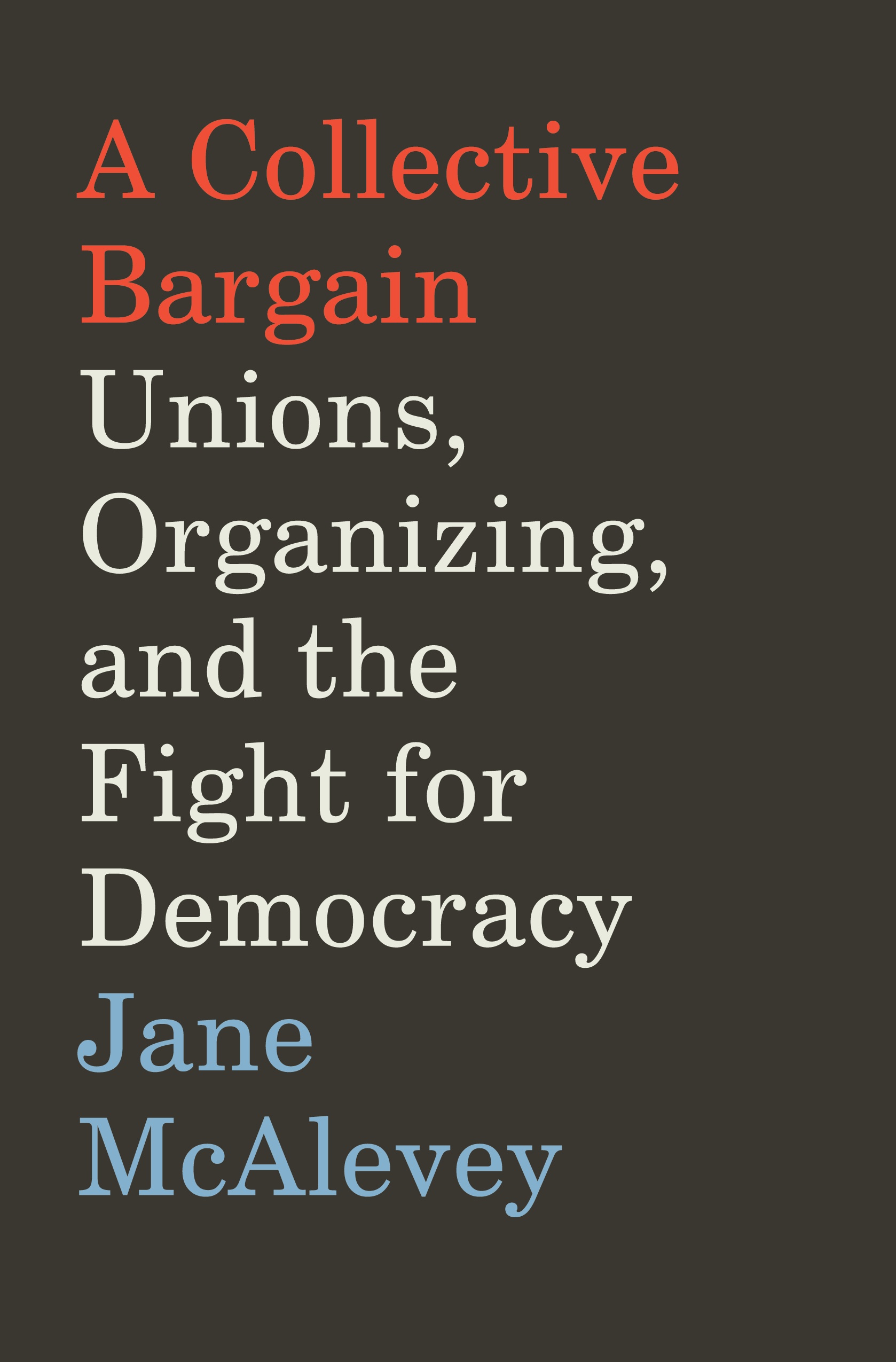What do you think?
Rate this book


304 pages, Hardcover
First published January 7, 2020
"Liberal acquaintances of mine say that union members are spoiled, that unions protect incompetent workers, charge too much in dues, and preclude business innovation… Friends who wouldn’t dream of eating nonorganic food, who drive electric vehicles, send money to save Tiber, and marched wearing pink pussy hats complain that the teacher’s union is the reason public schools are deteriorating, or that striking transit workers ruined their commute, or that unions are the reason they can’t get an appointment this decade with their HMO.”